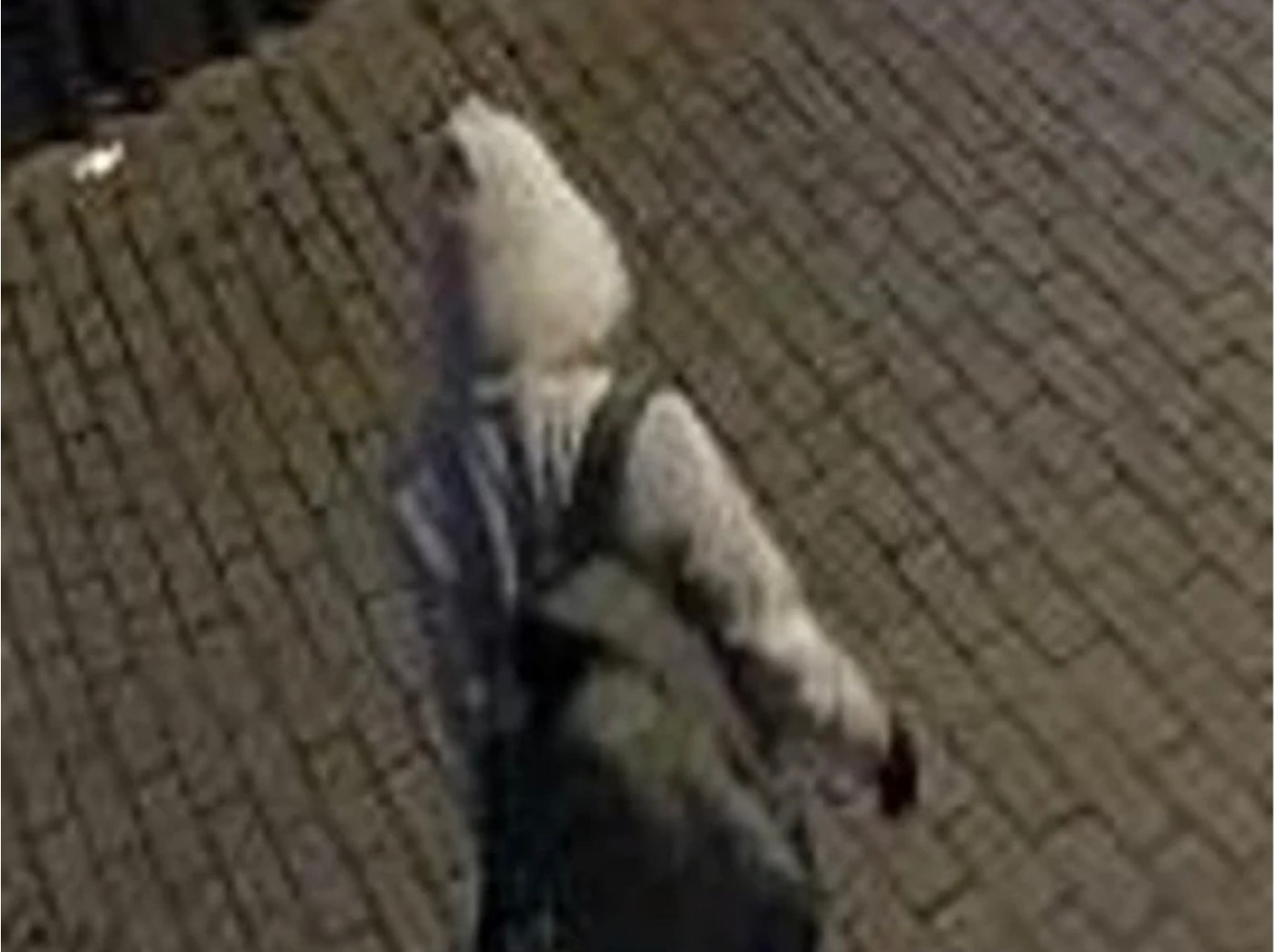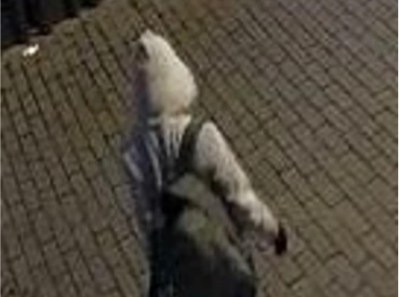A viral tweet by the account End Wokeness—earning more than 1.1 million views and 19,000 likes on the site—claims that the FBI knows the license plate number of an individual suspected to have planted pipe bombs near the Republican National Committee and Democratic National Committee buildings in Washington, D.C., the night before the January 6, 2021, “Stop the Steal” rally. Elon Musk, chairman of the company formerly known as Twitter, replied “Seems odd.” A number of additional responses by other users advance the theory that the bombs were planted by a federal officer as part of a broader FBI false flag operation.
But none of the information released publicly by the FBI indicates knowledge of the suspect’s license plate number, and all public CCTV footage and images show a hooded individual on foot outside the buildings—not in a vehicle. While it is possible that the FBI may have license plate numbers associated with a suspect that have not been disclosed publicly, this is conjecture and cannot be confirmed.
Who placed the explosives there remains one of the biggest mysteries surrounding January 6 despite a three-year investigation and a $500,000 reward for information leading to an arrest. The FBI believes the pipe bombs were planted near the two buildings by a lone individual on the night of January 5, 2021, but authorities remain uncertain of an exact motive. In a June 2023 House Judiciary Committee hearing, Steven D’Antuono, former assistant director in charge of the Washington field office, testified that lab analysis determined the bombs were viable and could have exploded.
The investigation remains a high priority for the department, and extensive resources have been dedicated to the effort since January 2021. “It was a high priority, as much detail as they want, we put every resource that we could,” D’Antuono told Rep. Thomas Massie during the same hearing. “We did every check, every lab test, every data. We ran this through systems back and forth, up and down, sideways, all over the place.” D’Antuono also testified that the FBI encountered several obstacles to identifying a suspect, including poor-quality CCTV footage at the DNC headquarters and the corruption of data from a major cell service provider that prevented the FBI from gathering complete cell phone location history information from the area—also known as geofencing.
"Over the past three years, a dedicated team of FBI agents, analysts, data scientists, and law enforcement partners has worked thousands of hours conducting interviews, reviewing physical and digital evidence, and assessing tips from the public about who may have placed pipe bombs on Capitol Hill," David Sundberg, assistant director in charge of the FBI Washington field office, said in a January 4, 2024, press release. “The tips we have received so far from the American people have helped us advance the investigation, and we ask the public to continue to assist us by taking a fresh look at our Seeking Information webpage, which includes images and video of the suspect, the suspect’s backpack, the suspect’s shoes, the explosive devices, and a map of the route the suspect walked the night the pipe bombs were placed.”
When contacted by The Dispatch Fact Check, the Washington field office said that the bureau’s web site includes all information on the suspect that has been released to the public. The office declined to comment on specific questions regarding knowledge of a license plate number.
If you have a claim you would like to see us fact check, please send us an email at factcheck@thedispatch.com. If you would like to suggest a correction to this piece or any other Dispatch article, please email corrections@thedispatch.com.







Please note that we at The Dispatch hold ourselves, our work, and our commenters to a higher standard than other places on the internet. We welcome comments that foster genuine debate or discussion—including comments critical of us or our work—but responses that include ad hominem attacks on fellow Dispatch members or are intended to stoke fear and anger may be moderated.
With your membership, you only have the ability to comment on The Morning Dispatch articles. Consider upgrading to join the conversation everywhere.